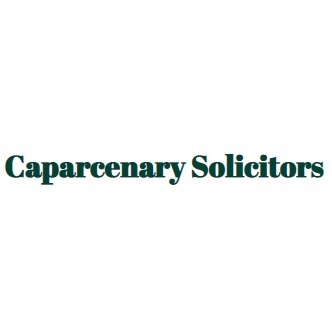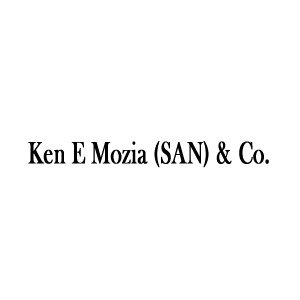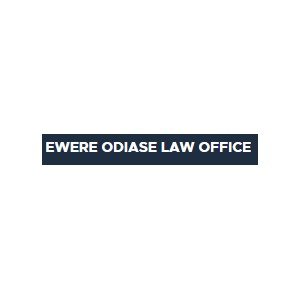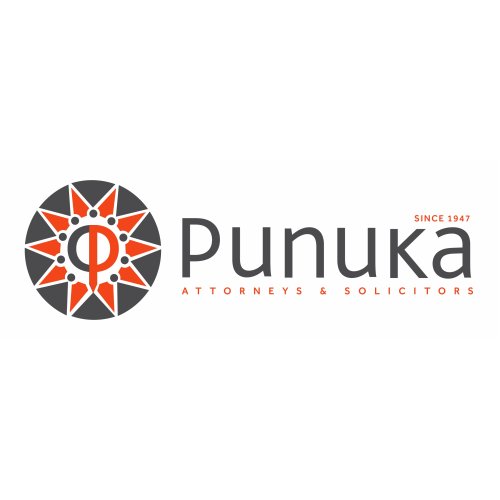Best New Business Formation Lawyers in Asaba
Share your needs with us, get contacted by law firms.
Free. Takes 2 min.
List of the best lawyers in Asaba, Nigeria
Nigeria New Business Formation Legal Questions answered by Lawyers
Browse our 2 legal questions about New Business Formation in Nigeria and read the lawyer answers, or ask your own questions for free.
- Timeline, Requirements, and Costs for Company Registration with the CAC
- How long will it take to get my company registered with the CAC, and what are the necessary requirements and costs?
-
Lawyer answer by GAVEL & GREY LEGAL PRACTITIONERS
The duration takes between 7-28 days. And as for requirement, it varies depending on the type of company you seek to register. the fees is usually determined by the share capital you seek to register your company with. for more...
Read full answer - I want to start upa disatch rider company i. Enugu. Courier a d logistics. Company
- What are the necessary law requirement and licensing to set up a dispatch rider business within Rnugu State
-
Lawyer answer by Highlaw Chambers
To establish a dispatch rider business in Enugu State, several key legal requirements must be met. Firstly, you need to register your business with the Corporate Affairs Commission (CAC) and obtain a Business Name Registration. Additionally, you will need to...
Read full answer
About New Business Formation Law in Asaba, Nigeria
New Business Formation in Asaba, Nigeria refers to the legal processes and regulations involved in establishing a new business in the city. These laws aim to ensure that businesses operate in compliance with local regulations and to protect the rights of business owners and consumers. Adhering to the legal requirements of New Business Formation is crucial for the smooth operation and success of your business.
Why You May Need a Lawyer
Seeking legal advice from a lawyer specializing in New Business Formation can be beneficial in many situations, including:
- Assistance with drafting legal documents, such as articles of incorporation or partnership agreements.
- Guidance on choosing the most appropriate legal structure for your business, such as a sole proprietorship, partnership, or limited liability company.
- Ensuring compliance with local laws and regulations when registering your business.
- Handling any disputes or legal issues that may arise during the formation process.
- Providing advice on intellectual property rights, licenses, permits, or any other legal requirements specific to your industry.
Local Laws Overview
The following key aspects of local laws are particularly relevant to New Business Formation in Asaba, Nigeria:
- Corporate Affairs Commission: The Corporate Affairs Commission (CAC) is the regulatory body responsible for the formation and management of companies in Nigeria. Registering your business with the CAC is a fundamental legal requirement.
- Taxation: Asaba, Nigeria, operates under the Nigerian tax system. It is important to understand and comply with taxation laws when starting your business.
- Employment Laws: Understanding the legal rights and obligations of employers and employees is crucial when hiring staff for your new business.
- Permits and Licenses: Depending on your business activities, you may need specific permits or licenses from government agencies. Familiarize yourself with the relevant laws to ensure compliance.
Frequently Asked Questions
1. What are the steps involved in registering a new business in Asaba, Nigeria?
To register a new business in Asaba, Nigeria, follow these general steps: 1. Choose a business name and conduct a name search with the Corporate Affairs Commission. 2. Prepare and submit the necessary incorporation documents to the CAC. 3. Pay the applicable filing fees and obtain a Certificate of Incorporation. 4. Register for tax purposes with the relevant tax authority. 5. Obtain any additional permits or licenses required for your specific industry.
2. What is the difference between a sole proprietorship and a limited liability company?
A sole proprietorship is a business owned by a single individual, with no legal distinction between the owner and the business. The owner has full control but is personally responsible for all debts and liabilities. In contrast, a limited liability company (LLC) is a separate legal entity, providing limited liability protection to its owners (called members) for business debts and obligations. The choice between the two depends on factors such as liability concerns and the need for multiple owners or investors.
3. What types of taxes do I need to consider for my new business in Asaba, Nigeria?
Common taxes applicable to businesses in Asaba, Nigeria include: - Companies Income Tax (CIT) - Value Added Tax (VAT) - Withholding Tax (WHT) - Personal Income Tax (PIT) - Education Tax (EDT) Ensure you understand your tax obligations and engage the services of a tax professional to handle your tax matters accurately.
4. Are there any incentives or benefits available for new businesses in Asaba, Nigeria?
Yes, the Nigerian government offers various incentives to promote new business formation and investment. These may include tax holidays, exemptions or reductions, grants, and special zones or industrial parks. Consult a lawyer or research the Nigeria Investment Promotion Commission to determine eligibility and take advantage of these benefits.
5. What are the consequences of non-compliance with local business laws in Asaba, Nigeria?
Non-compliance with local business laws can result in penalties, fines, or legal consequences. The severity of these consequences depends on the specific violation. It is crucial to ensure compliance to protect your business and avoid potential legal issues.
Additional Resources
Here are some resources, governmental bodies, and organizations related to New Business Formation in Asaba, Nigeria that can provide helpful information and support:
- The Corporate Affairs Commission (CAC) - https://www.cac.gov.ng/
- Nigeria Investment Promotion Commission - http://www.nipc.gov.ng/
- Asaba Chamber of Commerce, Industry, Mines, and Agriculture - https://asabachamber.net/
Next Steps
If you require legal assistance or advice regarding New Business Formation in Asaba, Nigeria, it is recommended to consult with a lawyer specializing in business law. They will guide you through the legal process, help protect your interests, and ensure compliance with local laws.
Lawzana helps you find the best lawyers and law firms in Asaba through a curated and pre-screened list of qualified legal professionals. Our platform offers rankings and detailed profiles of attorneys and law firms, allowing you to compare based on practice areas, including New Business Formation, experience, and client feedback.
Each profile includes a description of the firm's areas of practice, client reviews, team members and partners, year of establishment, spoken languages, office locations, contact information, social media presence, and any published articles or resources. Most firms on our platform speak English and are experienced in both local and international legal matters.
Get a quote from top-rated law firms in Asaba, Nigeria — quickly, securely, and without unnecessary hassle.
Disclaimer:
The information provided on this page is for general informational purposes only and does not constitute legal advice. While we strive to ensure the accuracy and relevance of the content, legal information may change over time, and interpretations of the law can vary. You should always consult with a qualified legal professional for advice specific to your situation.
We disclaim all liability for actions taken or not taken based on the content of this page. If you believe any information is incorrect or outdated, please contact us, and we will review and update it where appropriate.













